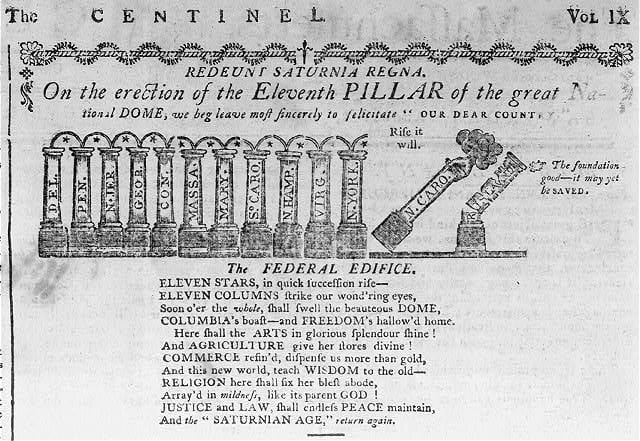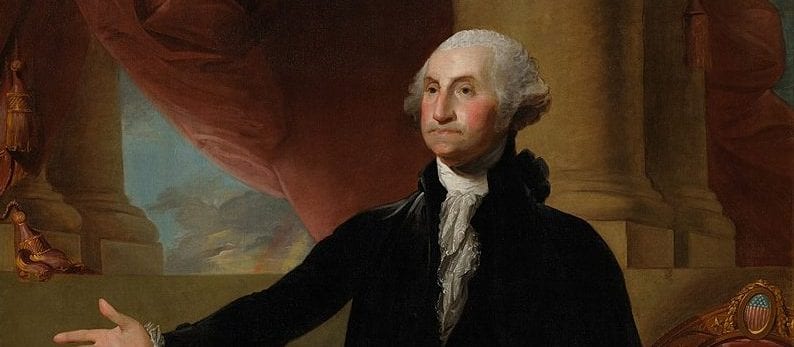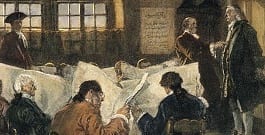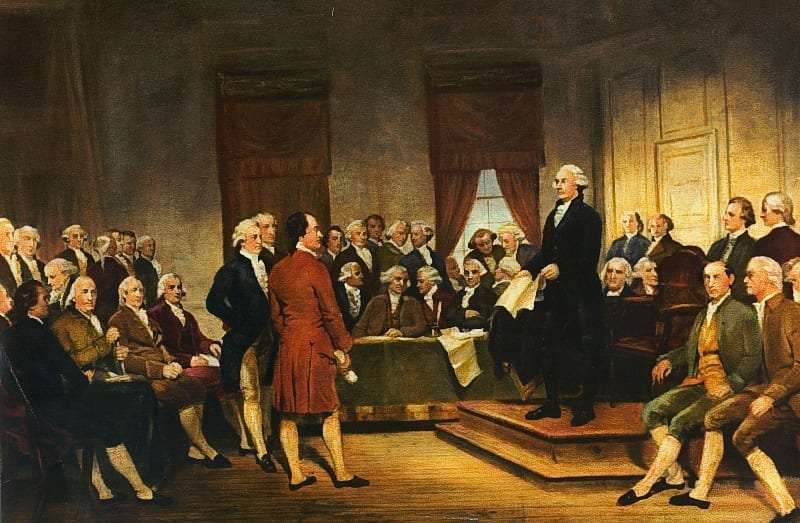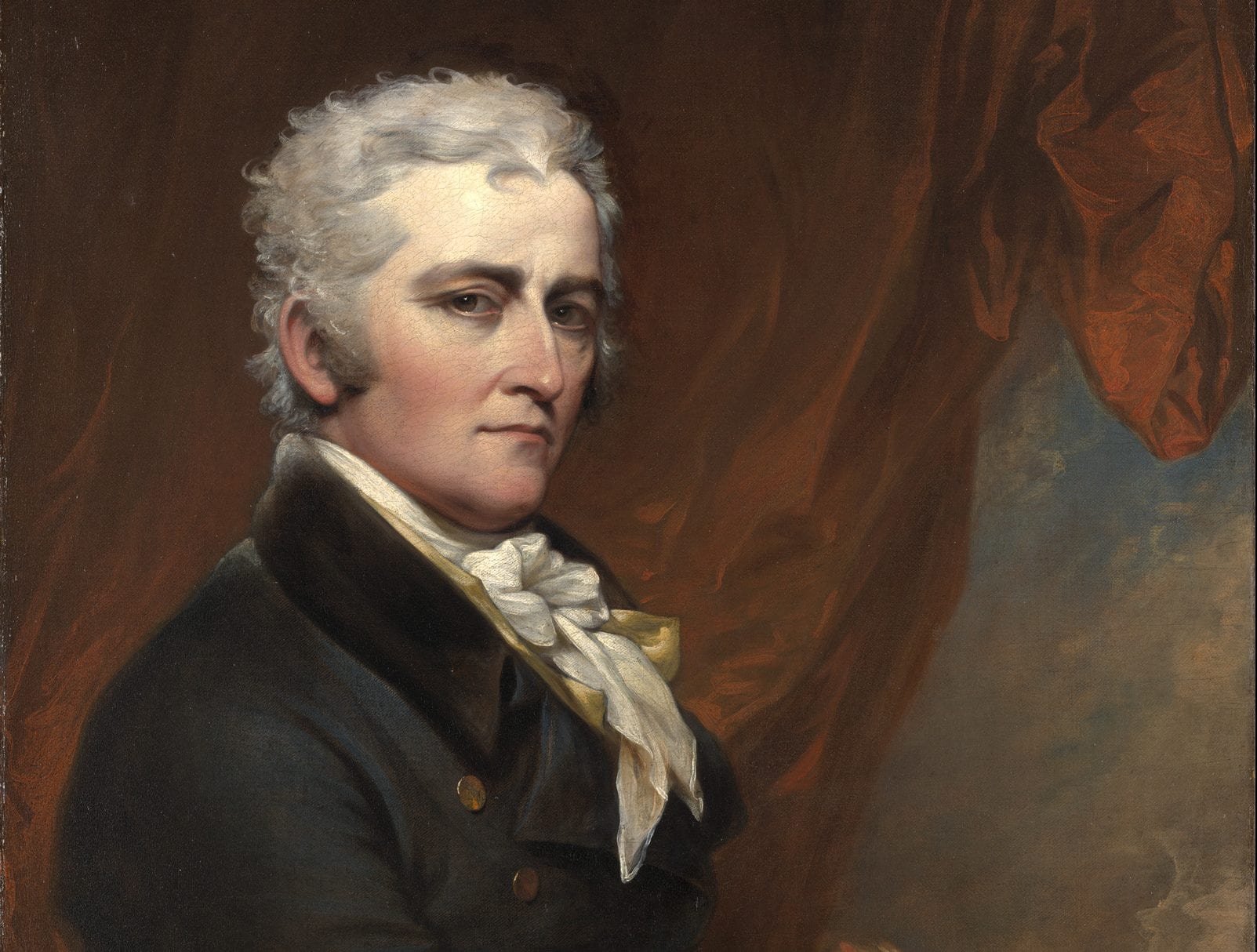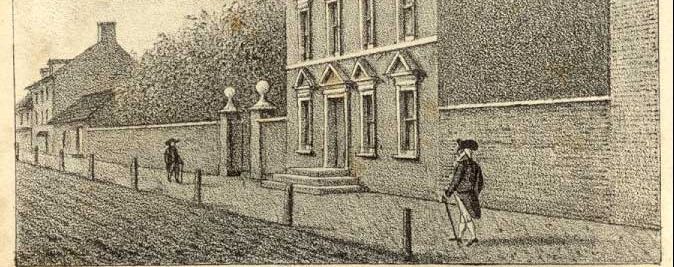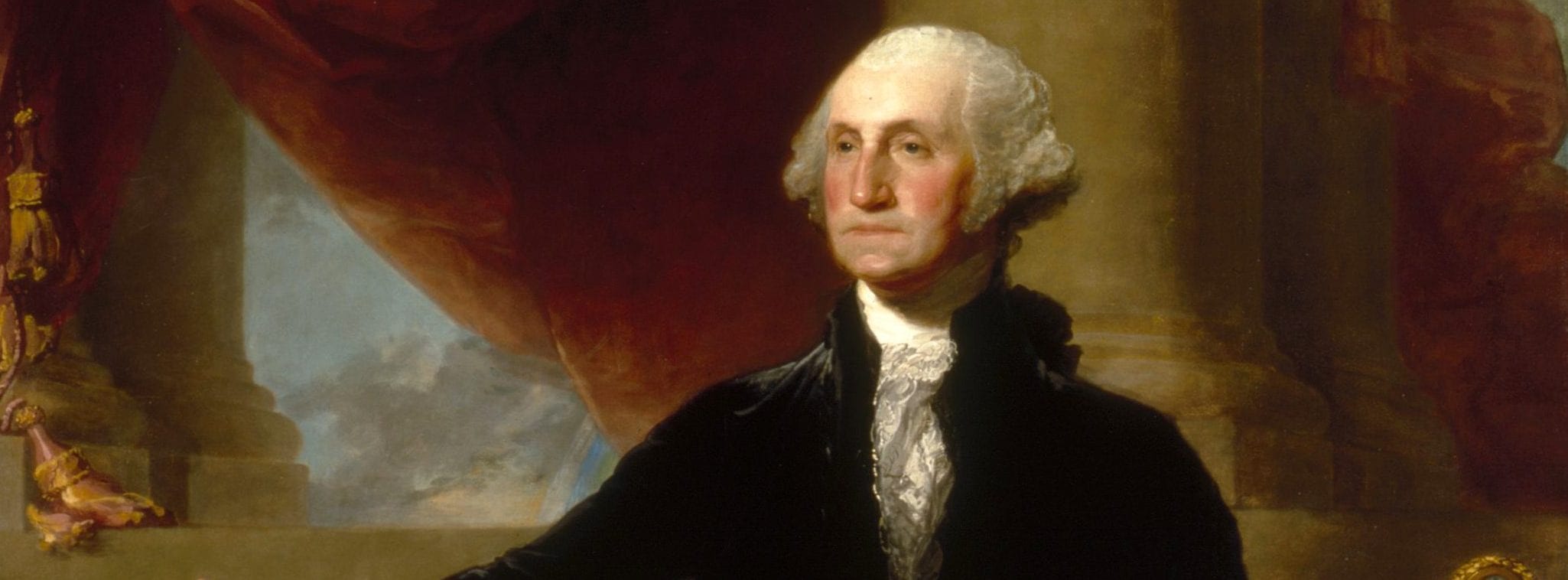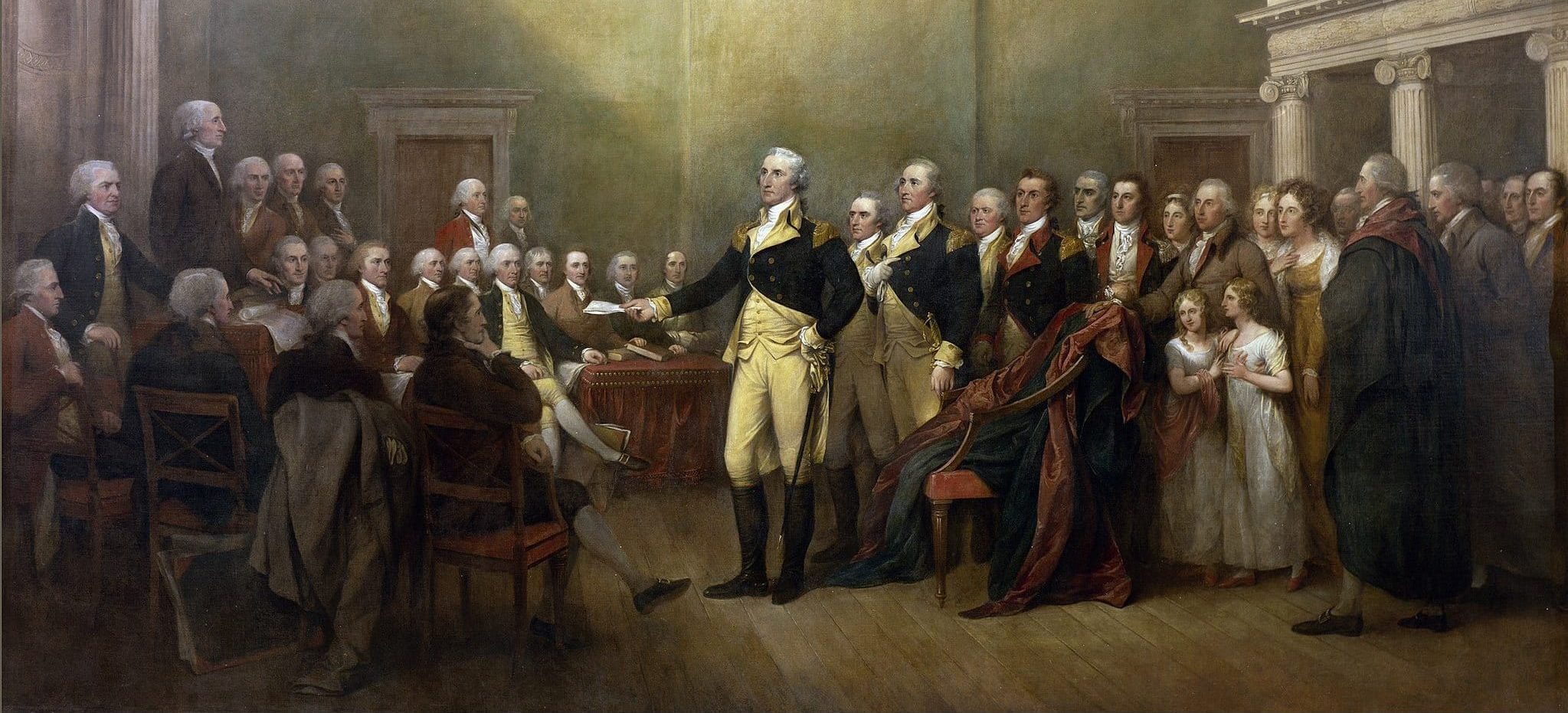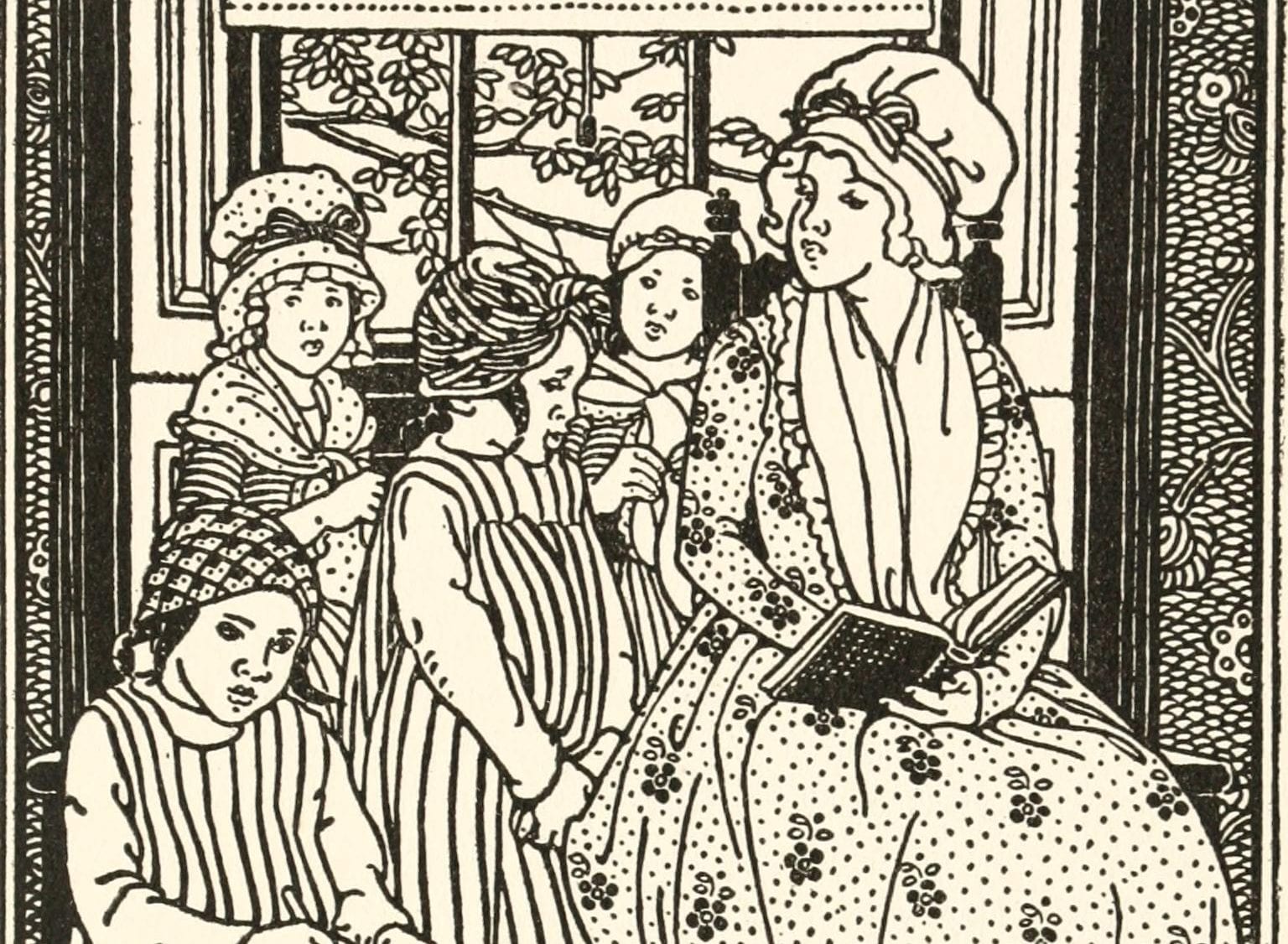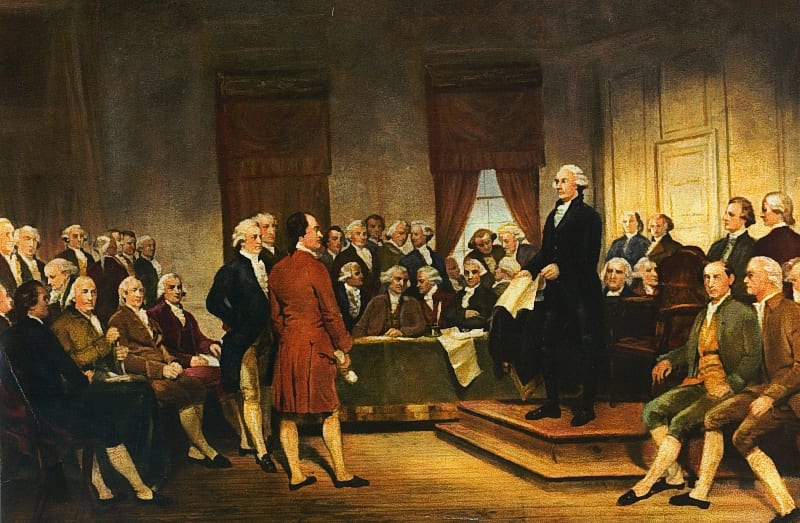
To the PEOPLE of PENNSYLVANIA.
“Man is the glory, jest, and riddle of the world.”
POPE.
Incredible transition! the people who seven years ago, deemed every earthly good, every other consideration as worthless, when placed in competition with Liberty, that Heaven–born blessing, that zest of all others; the people, who, actuated by the noble ardor of patriotism, rose superior to every weakness of humanity, and shone with such dazzling lustre amidst the greatest difficulties; who, emulous of eclipsing each other in the glorious assertion of the dignity of human nature, courted every danger, and were ever ready, when necessary, to lay down their lives at the altar of liberty: I say the people, who exhibited so lately a spectacle, that commanded the admiration, and drew the plaudits of the most distant nations, are now revealing the picture, are now lost to every noble principle, are about to sacrifice that inestimable jewel, liberty, to the genius of despotism. A golden phantom held out to them, by the crafty and aspiring despots among themselves, is alluring them into the fangs of arbitrary power; and so great is their infatuation, that it seems, as if nothing short of the reality of misery necessarily attendant on slavery, will rouse them from their false confidence, or convince them of the direful deception; but then alas! it will be too late, the chains of despotism will be fast rivetted, and all escape precluded.
For years past, the harpies of power have been industriously inculcating the idea, that all our difficulties proceed from the impotency of Congress, and have at length succeeded to give to this sentiment almost universal currency and belief: the devastations, losses, and burthens occasioned by the late war; the excessive importations of foreign merchandize and luxuries which have drained the country of its specie, and involved it in debt, are all overlooked, and the inadequacy of the powers of the present confederation is erroneously supposed to be the only cause of our difficulties. Hence, persons of every description are revelling in the anticipation of the halcyon days consequent on the establishment of the new constitution. What gross deception and fatal delusion! For, although very considerable benefit might be derived from strengthening the hands of Congress, so as to enable them to regulate commerce and counteract the adverse restrictions of other nations, which would meet with the concurrence of all persons; yet this benefit is accompanied in the new constitution with the scourge of despotic power, that will render the citizens of America tenants at will of every species of property, of every enjoyment, and make them the meer drudges of government. The gilded bait conceals corrosives that will eat up their whole substance.
Since the late able discussion, all are now sensible of great defects in the new constitution, are sensible that power is thereby granted without limitation or restriction; yet such is the impatience of people to reap the golden harvest of regulated commerce, that they will not take time to secure their liberty and happiness, nor even to secure the benefit of the expected wealth, but are weakly trusting their every concern to the discretionary disposal of their future rulers; are content to risque every abuse of power, because they are promised a good administration, because moderation and self denial are the characteristic features of men in possession of absolute sway. What egregious folly! What superlative ignorance of the nature of power does such conduct discover!
History exhibits this melancholy truth, that slavery has been the lot of nearly the whole of mankind in all ages, and, that the very small portion who have enjoyed the blessings of liberty, have soon been reduced to the common level of slavery and misery. The cause of this general vassalage may be traced to a principle of human nature, which is more powerful and operative than all the others combined; it is that lust of dominion that is inherent in every mind, in a greater or less degree; this is so universal and ever active a passion, as to influence all our actions; the different situation and qualifications of men only modifies and varies the complexion and operation of it.
For this darling pre-eminence and superiority, the merchant already possessed of a competency, adventures his all in pursuit of greater wealth; it is for this, that men of all descriptions, after having amassed fortunes still persevere in the toils of labour; in short, this is the great principle of exertion in the votaries of riches, learning, and fame.
In a savage state, pre-eminence is the result of bodily strength and intrepidity, which compels submission from all such as have the misfortune to be less able; therefore, the great end of civil government is to protect the weak from the oppression of the powerful, to put every man upon the level of equal liberty; but here again, the same lust of dominion by different means frustrate almost always this salutary intention. In a polished state of society, wealth, talents, address, and intrigue, are the qualities that attain superiority in the great sphere of government.
The most striking illustration of the prevalence of this lust of dominion is, that the most strenuous assertors of liberty in all ages, after successfully triumphing over tyranny, have themselves become tyrants, when the unsuspicious confidence of an admiring people have entrusted them with unchecked power: rare are the instances of self-denial, or consistency of conduct in the votaries of liberty, when they have become possessed of the reins of authority; it has been the peculiar felicity of America, that her great deliverer did not prove a Cromwell.
Compare the declarations of the most zealous asserters of religious liberty whilst under the lash of persecution, with their conduct when in power; you will find that even the benevolence and humility inculcated in the gospels prove no restraint upon this love of domination–The mutual contentions of the several sects of religion in England some ages since, are sufficient evidence of this truth.
The annals of mankind demonstrate the precarious tenure of privileges and property dependent upon the will and pleasure of rulers; these illustrate the fatal danger of relying upon the moderation and self-denial of men exposed to the temptations that the Congress under the new constitution will be. The lust of power or domination is of that nature, as seeks to overcome every obstacle, and does not remit its exertions whilst any object of conquest remains, nothing short of the plenitude of dominion will satisfy this cursed demon: therefore liberty is only to be preserved by a due responsibility in the government, and by the constant attention of the people; whenever that responsibility has been lessened, or this attention remitted, in the same degree has arbitrary sway prevailed.
The celebrated Montesquieu has warned mankind of the danger of an implicit reliance on rulers; he says, that “a perpetual jealousy respecting liberty, is absolutely requisite in all free states:” and again “that slavery is ever preceded by sleep.”
I shall conclude with an extract from a speech delivered by lord George Digby, afterwards earl of Bristol, in the English parliament, on the triennial bill, anno 1641, viz. “It hath been a maxim among the wisest legislators, that whosoever means to settle good laws, must proceed in them with a sinister opinion of all mankind, and suppose that whosoever is not wicked, it is for want only of the opportunity. It is that opportunity of being ill, Mr. Speaker, that we must take away, if ever we mean to be happy, which can never be done but by the frequency of parliaments.
“No state can wisely be confident of any public ministers continuing good, longer than the rod is held over him.
“Let me appeal to all those that were present in this house at the agitation of the petition of right: and let them tell themselves truly of whose promotion to the management of public affairs do they think the generality would at that time have had better hopes than of Mr. Noy and Sir Thomas Wentworth; both having been at that time and in that business as I have heard, most keen and active patriots, and the latter of them, to the eternal aggravation of his infamous treachery to the commonwealth be it spoken, the first mover, and insister to have this clause added to the petition of right, viz.
” `That for the comfort and safety of his subjects, his majesty would be pleased to declare his will and pleasure that all his ministers should serve him according to the laws and statutes of the realm.’
“And yet Mr. Speaker to whom now can all the inundations upon our liberties, under pretence of law, and the late ship-wreck at once of all our property be attributed more than to Noy, and all those other mischiefs whereby this monarchy hath been brought almost to the brink of destruction, so much to any as to that grand apostate to the commonwealth, the now lieutenant of Ireland, Sir Thomas Went-worth? Let every man but consider those men as once they were.” British Liberties, page 184 and 185.
Philadelphia, Dec. 22, 1787.
One of the People: Antifederalist Arguments
December 25, 1787
Conversation-based seminars for collegial PD, one-day and multi-day seminars, graduate credit seminars (MA degree), online and in-person.




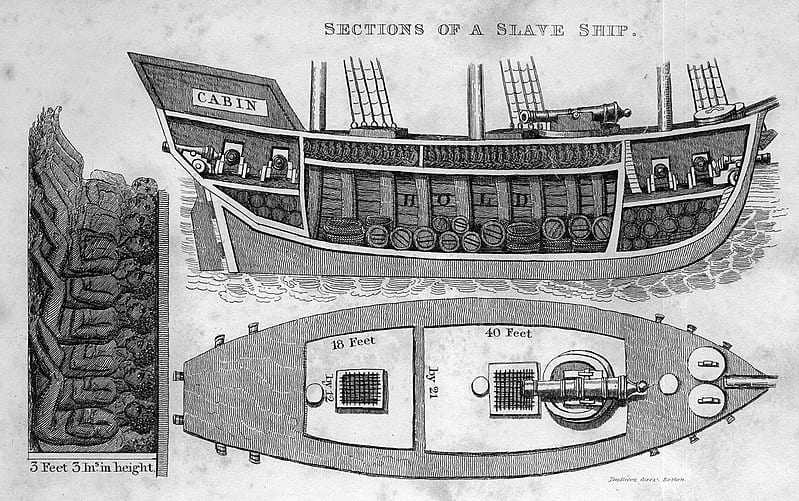






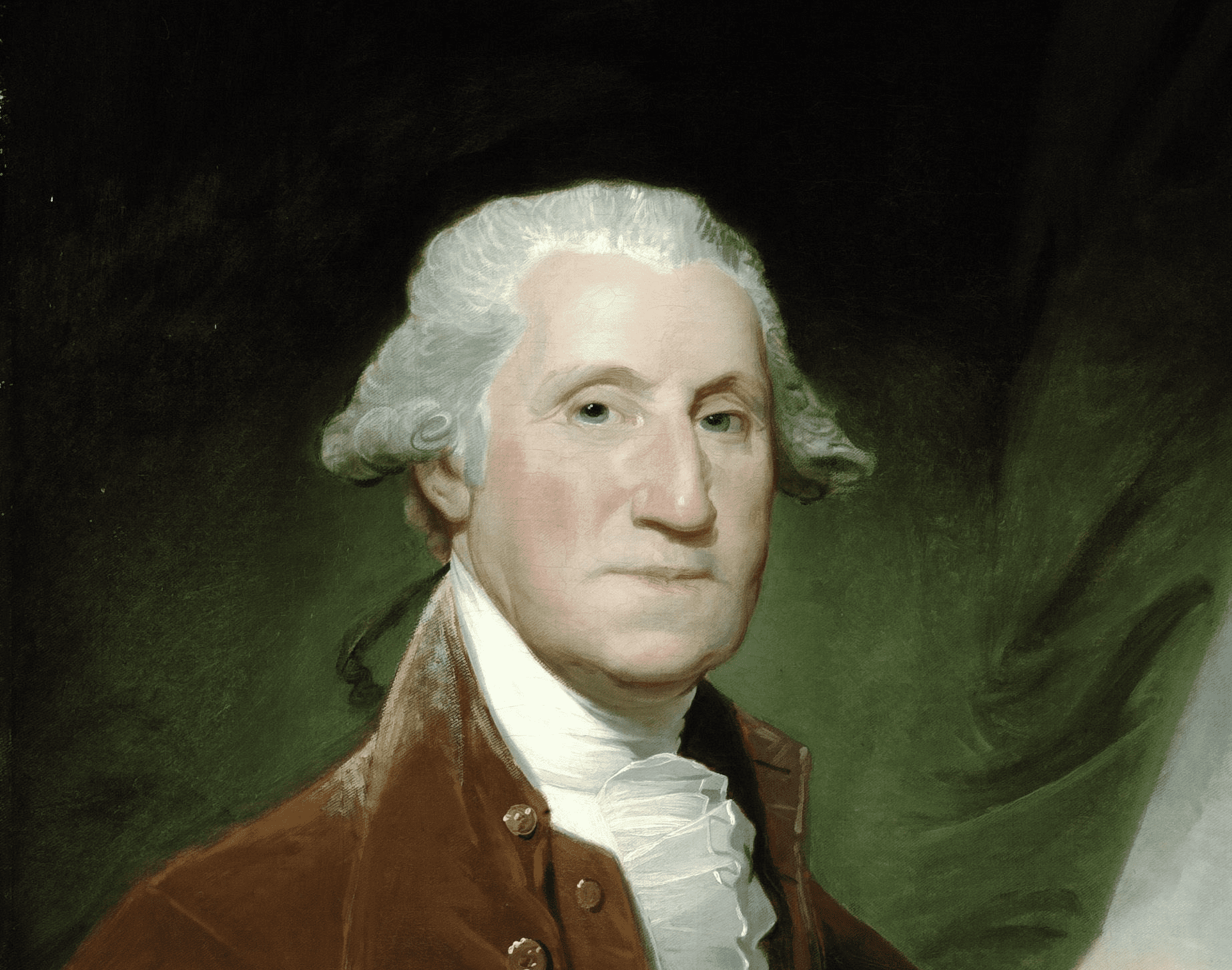















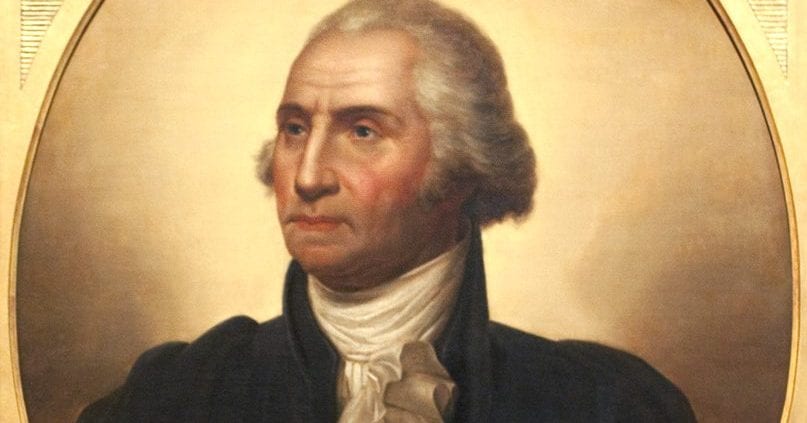
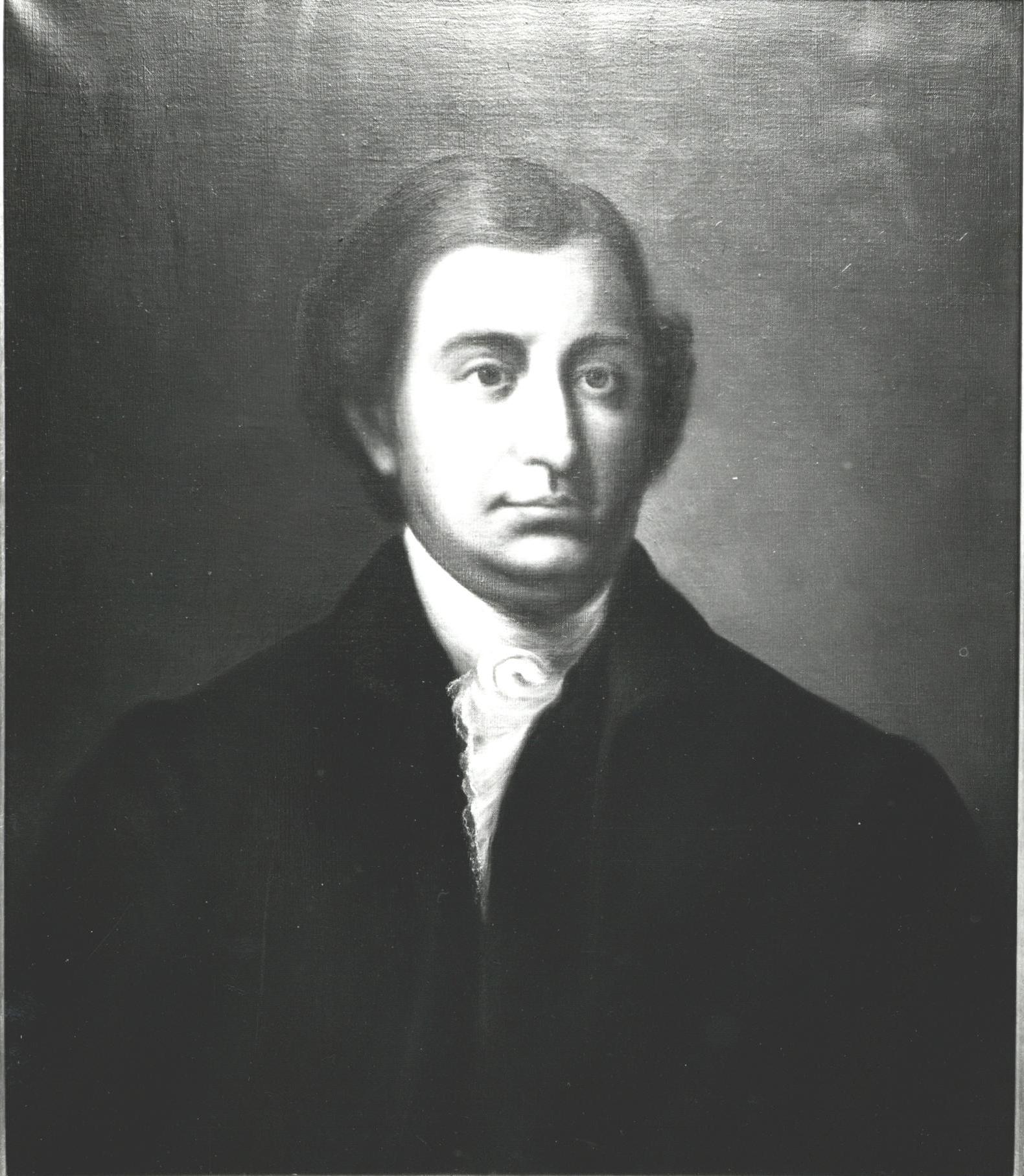
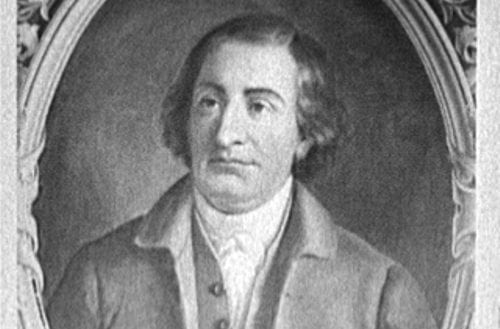
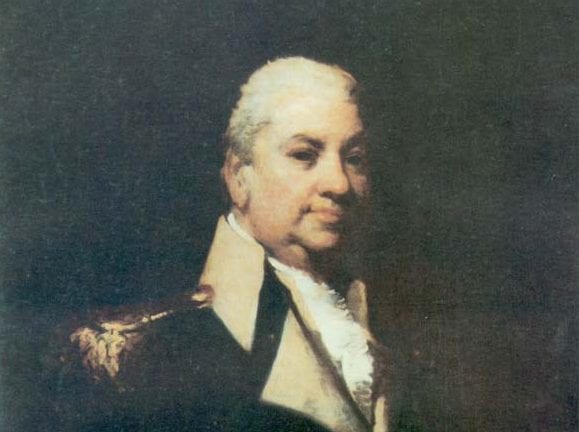




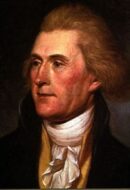













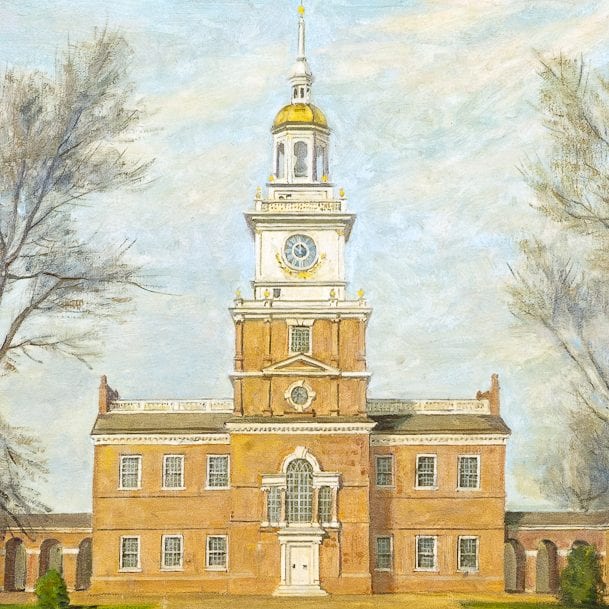

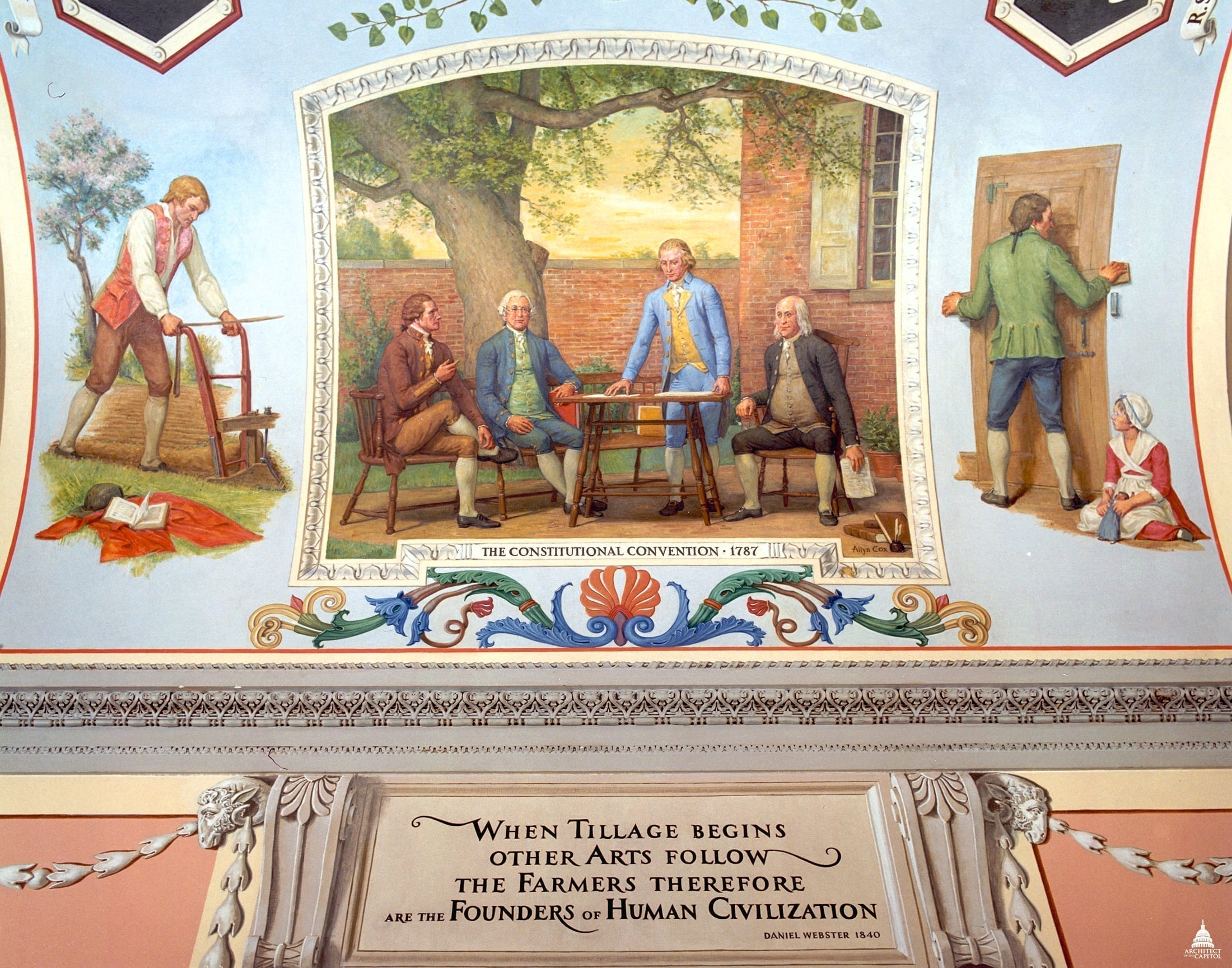

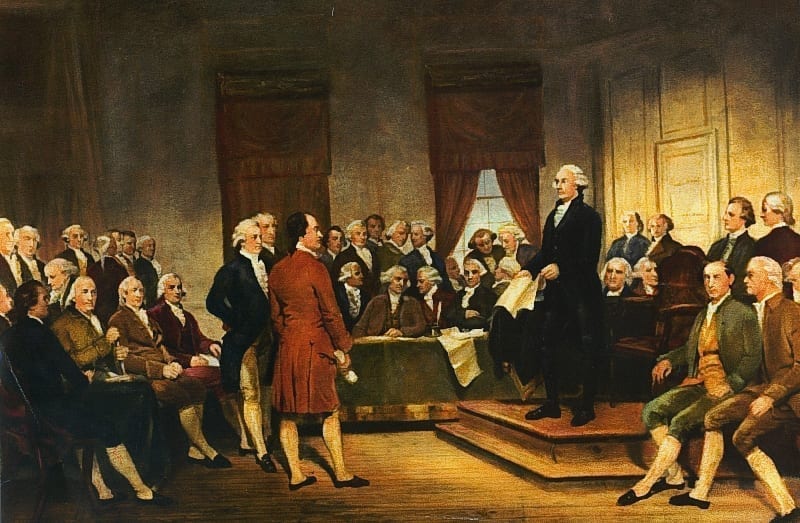


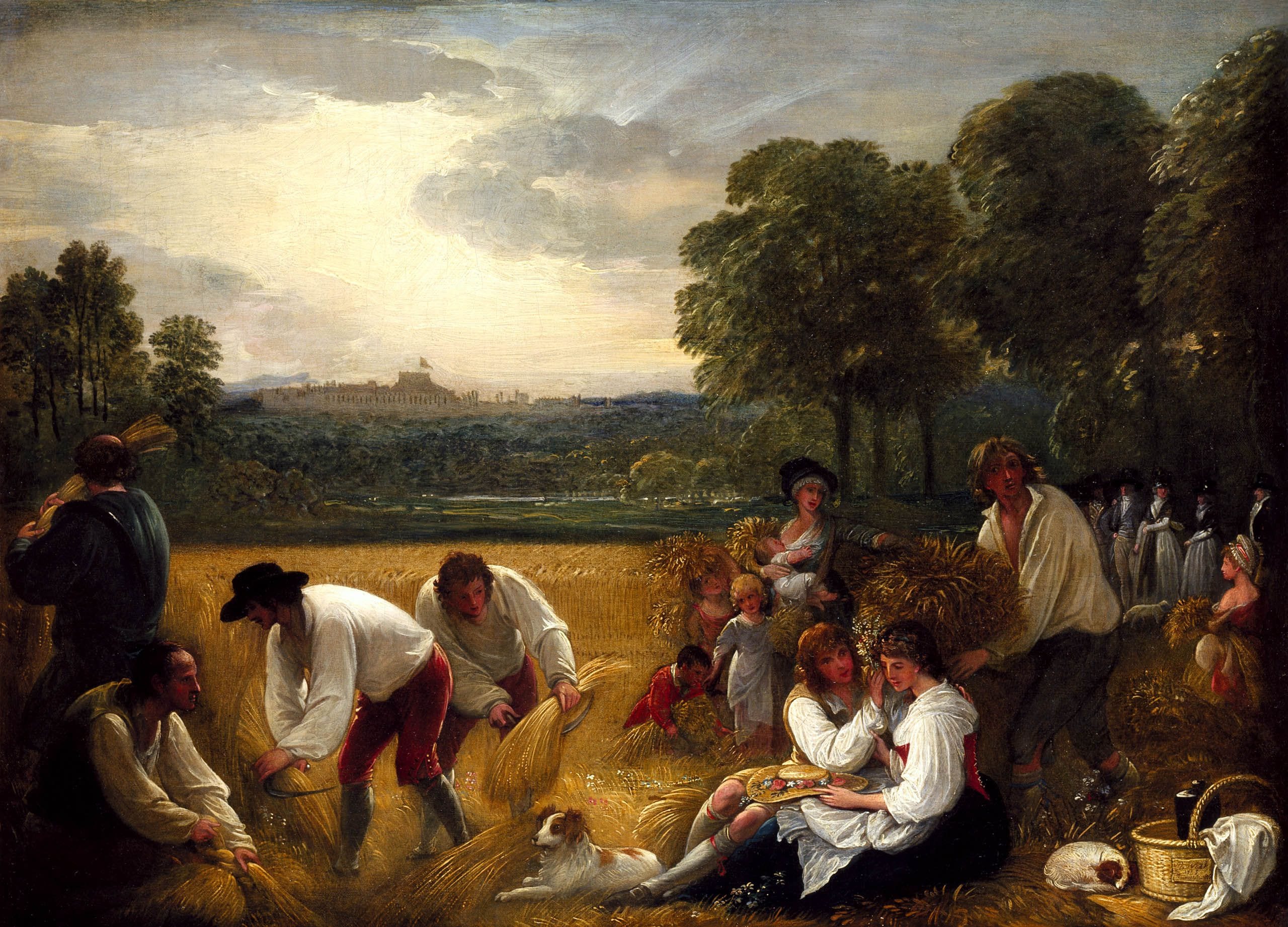


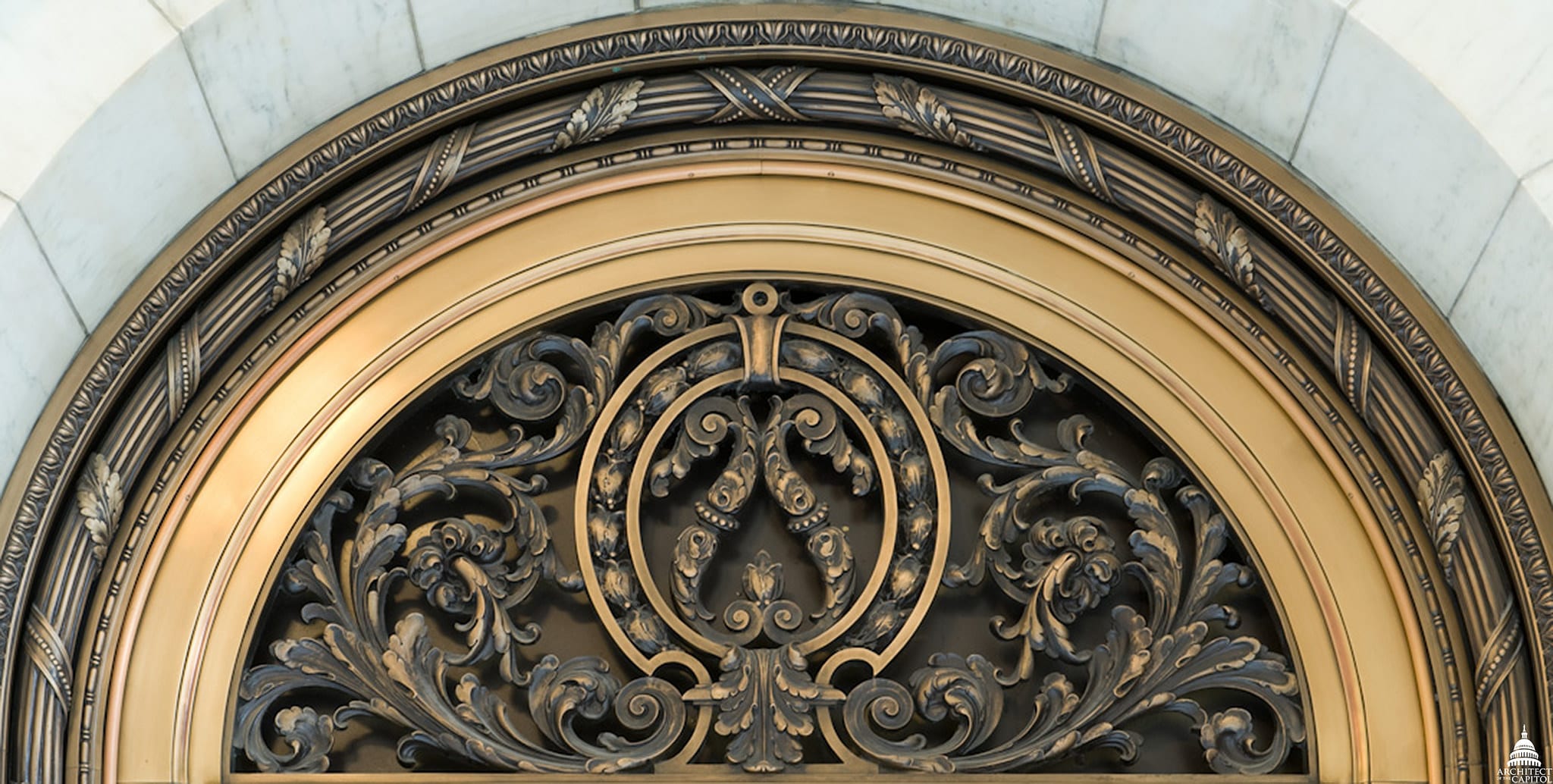













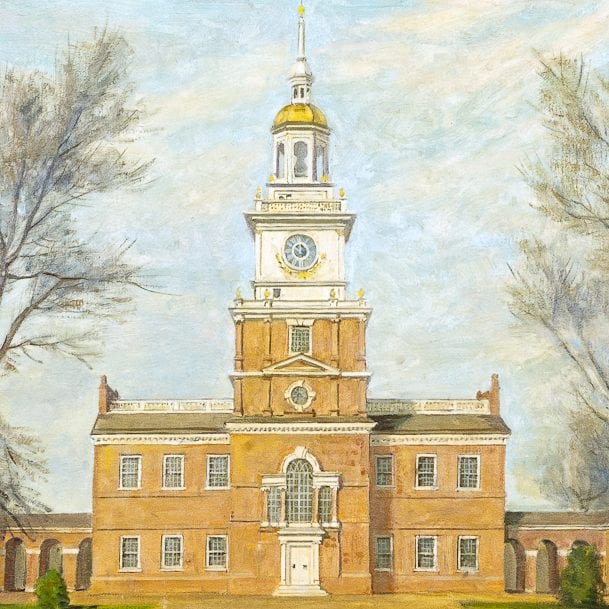
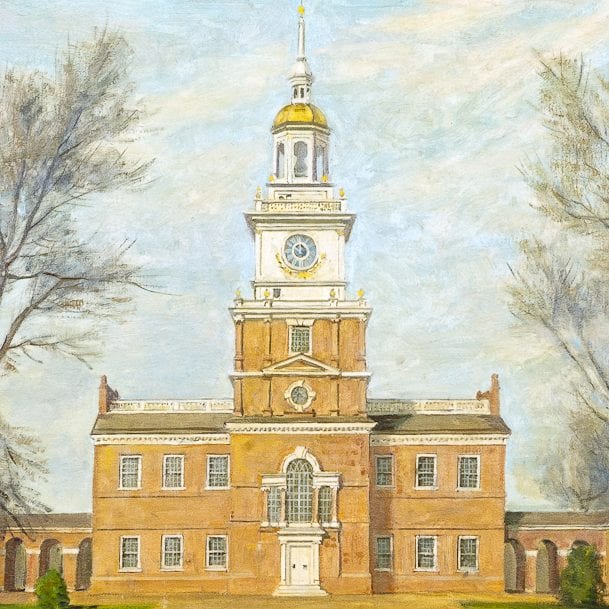






































































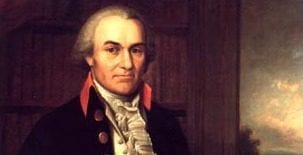



























![Finley, A. (1829) Pennsylvania. Philada. [Map] Retrieved from the Library of Congress, https://www.loc.gov/item/98688548/.](/content/uploads/2024/02/Map-of-PA--273x190.jpg)





















